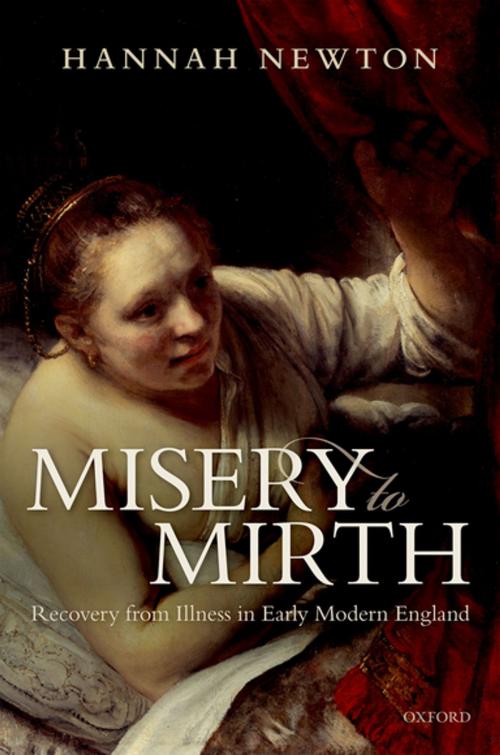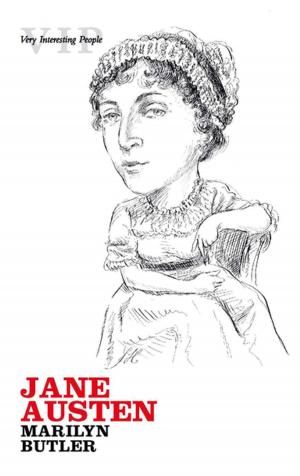Misery to Mirth
Recovery from Illness in Early Modern England
Nonfiction, History, British, Health & Well Being, Medical| Author: | Hannah Newton | ISBN: | 9780191084652 |
| Publisher: | OUP Oxford | Publication: | May 31, 2018 |
| Imprint: | OUP Oxford | Language: | English |
| Author: | Hannah Newton |
| ISBN: | 9780191084652 |
| Publisher: | OUP Oxford |
| Publication: | May 31, 2018 |
| Imprint: | OUP Oxford |
| Language: | English |
This is an open access title available under the terms of a CC BY-NC-ND 4.0 International licence. It is free to read at Oxford Scholarship Online and offered as a free PDF download from OUP and selected open access locations. The history of early modern medicine often makes for depressing reading. It implies that people fell ill, took ineffective remedies, and died. Misery to Mirth seeks to rebalance and brighten our overall picture of early modern health by focusing on the neglected subject of recovery from illness in England, c.1580-1720. Drawing on an array of archival and printed materials, Misery to Mirth shows that recovery did exist conceptually at this time, and that it was a widely reported phenomenon. The book takes three main perspectives: the first is physiological or medical, asking what doctors and laypeople meant by recovery, and how they thought it occurred. This includes a discussion of convalescent care, a special branch of medicine designed to restore strength to the fragile body after illness. Secondly, the book adopts the viewpoint of patients themselves: it investigates how they reacted to escape from death, the abatement of pain and suffering, and the return to normal life and work. The third perspective concerns the patient's loved ones; it shows that family and friends usually shared the feelings of patients, undergoing a dramatic transformation from anguish to elation. Through these discussions, the volume shines a light on some of the most profound, as well as the more prosaic, aspects of early modern existence, from attitudes to life and death, to details of what convalescents ate for supper and wore in bed.
This is an open access title available under the terms of a CC BY-NC-ND 4.0 International licence. It is free to read at Oxford Scholarship Online and offered as a free PDF download from OUP and selected open access locations. The history of early modern medicine often makes for depressing reading. It implies that people fell ill, took ineffective remedies, and died. Misery to Mirth seeks to rebalance and brighten our overall picture of early modern health by focusing on the neglected subject of recovery from illness in England, c.1580-1720. Drawing on an array of archival and printed materials, Misery to Mirth shows that recovery did exist conceptually at this time, and that it was a widely reported phenomenon. The book takes three main perspectives: the first is physiological or medical, asking what doctors and laypeople meant by recovery, and how they thought it occurred. This includes a discussion of convalescent care, a special branch of medicine designed to restore strength to the fragile body after illness. Secondly, the book adopts the viewpoint of patients themselves: it investigates how they reacted to escape from death, the abatement of pain and suffering, and the return to normal life and work. The third perspective concerns the patient's loved ones; it shows that family and friends usually shared the feelings of patients, undergoing a dramatic transformation from anguish to elation. Through these discussions, the volume shines a light on some of the most profound, as well as the more prosaic, aspects of early modern existence, from attitudes to life and death, to details of what convalescents ate for supper and wore in bed.















